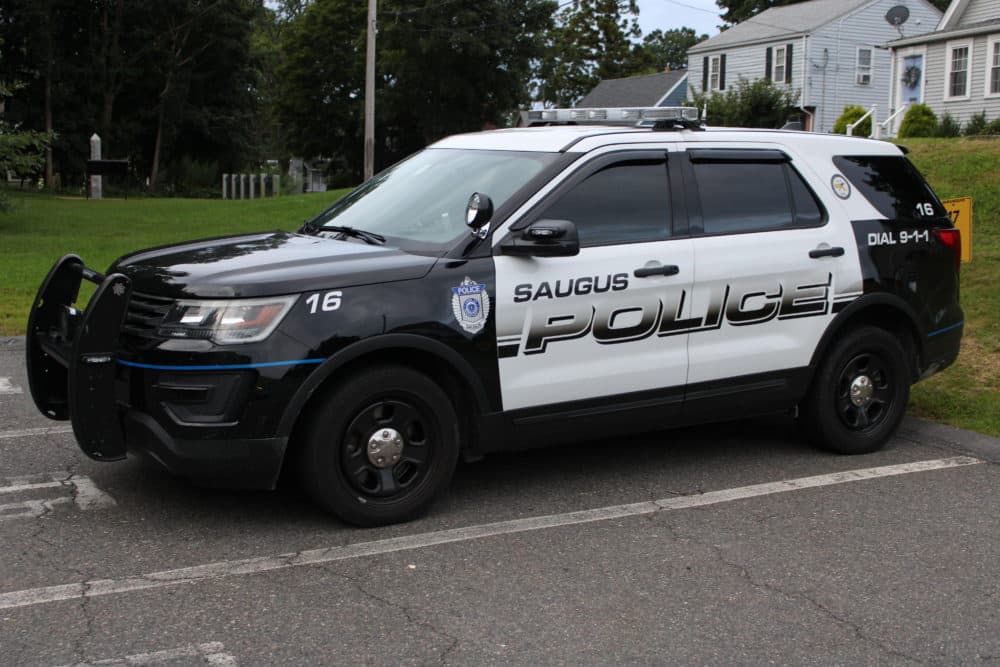Advertisement
Massachusetts finds mixed data on racial bias in police traffic stops

A government study released Monday found that state and local police departments in Massachusetts were more likely to search non-white drivers and give them criminal citations after a traffic stop in 2020.
However, the same study also found no evidence that police in Massachusetts were more likely to stop non-white drivers in the first place, using a technique that has been used to test for racial bias in other states.
The state Executive Office of Public Safety and Security hired Salem State University and Worcester State University to analyze police traffic stops for potential racial bias to comply with the 2019 statewide "hands-free driving law." Researchers used data from more than 280 police departments, each of which conducted more than 100 traffic stops.
The report found that 1.2% of non-white motorists were subjected to a non-discretionary search, compared to 0.7% of white drivers, a difference it found to be statistically significant.
The data also found that 18% of Hispanic drivers and nearly 14% of Black drivers received criminal citations after a stop, compared to less than 10% of white drivers. Black and Hispanic drivers were also more likely to be arrested, while white drivers were more likely to be let go with a warning, the report found.
Nationally, researchers have previously found that Black drivers nationally are less likely to get pulled over at night when their race is obscured by a "veil of darkness." But in Massachusetts, the Salem State researchers found non-white motorists were actually 36% less likely to be stopped during daylight hours than white drivers, the report said.
"This finding means that no support was shown for a pattern of racial disparity based on the [veil of darkness] analysis for the state as a whole," the report said.
The report did find that non-white drivers were more likely to be stopped by one state police troop in Foxborough and local police departments in Hadley and Ludlow. But the report's authors cautioned that there could be additional factors that might account for the discrepancy at those departments, including the drivers' behavior.
"We caution that our findings do not confirm racial profiling and any incidents of statistical significance could have a variety of explanations other than officer bias,” said Salem State researcher Gina Curcio in a statement.
The public safety office plans to hold public hearings on the analysis on Feb. 28, March 1 and March 2.
